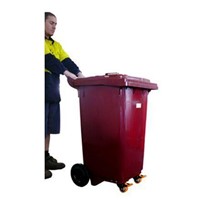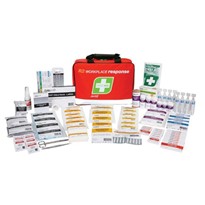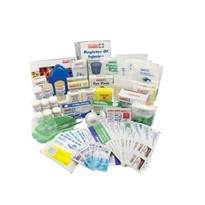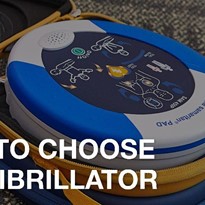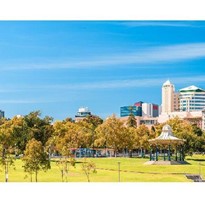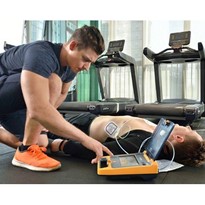The calls come as The Lancet medical journal launches a new commission aimed at driving down the global burden of sudden cardiac death, which is estimated to account for more than half of all cardiac deaths and up to 20 per cent of overall mortality worldwide.
Karen Smith, adjunct professor at Monash University's Department of Paramedicine, who is one of two commissioners from Australia, said about 27,000 people suffer a sudden cardiac arrest in Australia every year and just 11 per cent survive.
But research shows survival rates are as high as 70 per cent if the patient receives CPR and is defibrillated within the first few minutes, underscoring the need for all state and territory governments to follow South Australia's lead and make defibrillators mandatory in all public buildings.
"We should be mandating things like defibrillators in every new high-rise building, every new government building, every new sporting facility and every school," Dr Smith said.
A sudden cardiac arrest refers to when the heart unexpectedly stops beating and is different from a heart attack, which is when blood flow to the heart is blocked.
Dr Smith said the chances of survival decreased by about 10 per cent for every minute that passed without intervention, which was why Australia needed to teach the general population how to detect cardiac arrests and what to do when it happened.


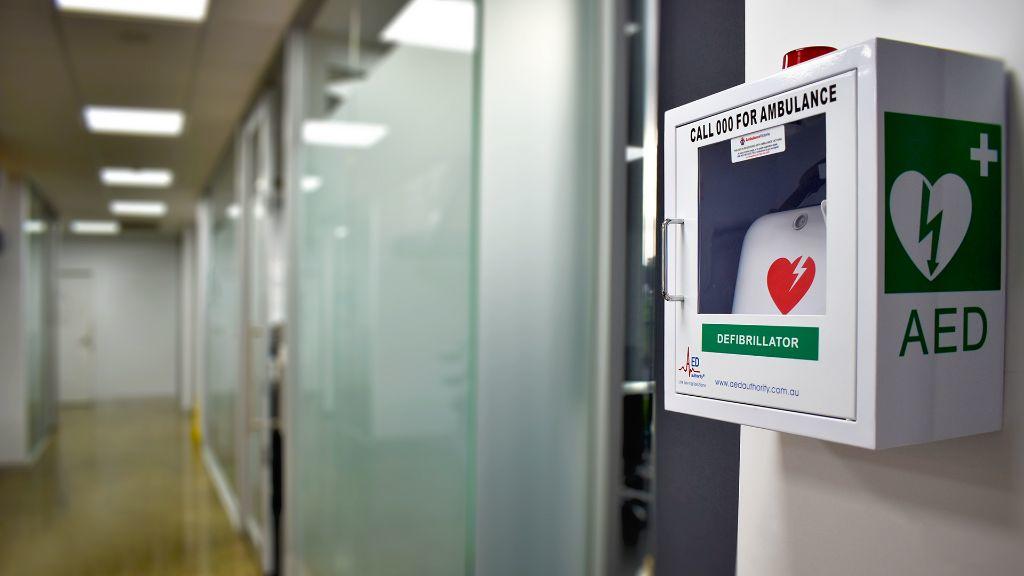

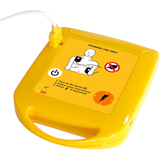
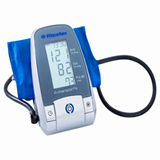
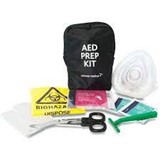

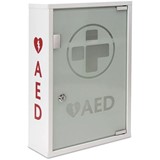
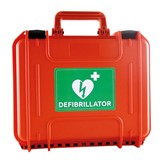
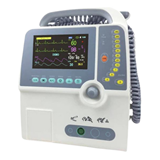
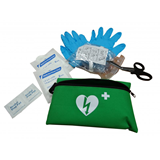

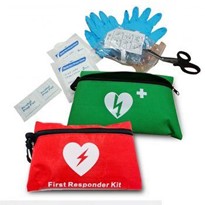



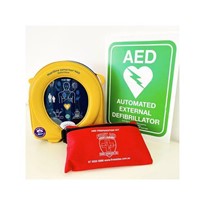
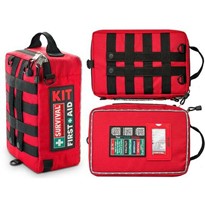
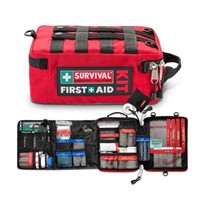
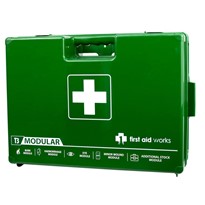
-205x205.jpg)
